Pakistan and Afghanistan Agree to Immediate Ceasefire Amid Doha Talks
Pakistan and Afghanistan after a surge of deadly clashes along their 2,600‑kilometre frontier, have reached an immediate ceasefire agreement in talks held in Doha, Qatar. The agreement marks a cautious step toward de‑escalation, with both sides pledging to refrain from hostile actions and setting up mechanisms for future verification and stability. The talks were mediated by Qatar and Turkey and come at a moment of heightened regional tension following weeks of cross‑border violence.
The Clashes That Preceded the Truce
Escalation along the border
The recent exchange of fire and air‑strikes between Pakistan and Afghanistan counts among the most severe in years. Dozens of fatalities and hundreds of injuries were reported, largely in eastern Afghan provinces and Pakistan’s border regions.
Pakistan blames militant incursions from Afghan territory, particularly by the Tehrik‑e‑Taliban Pakistan (TTP), while Afghan officials deny harbouring militants and accuse Islamabad of violating Afghan sovereignty.
The prior ceasefire and its collapse
Earlier this month the two sides had agreed a short‑term 48‑hour truce, but the ceasefire collapsed amid accusations of air‑strikes by Pakistan and retaliatory ground attacks. The renewed violence forced the closure of key border crossings and displaced civilians on both sides.
The Doha Negotiations
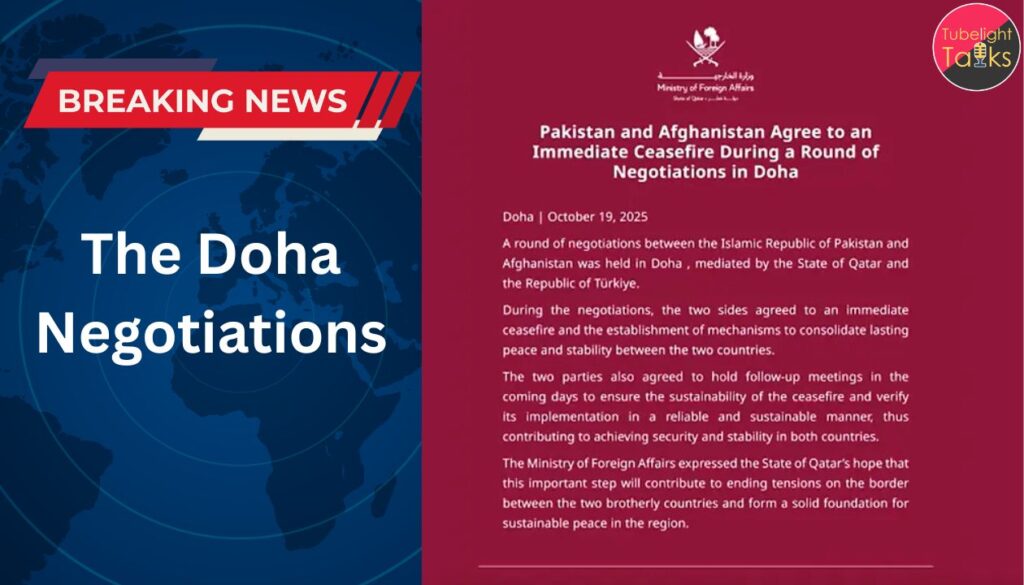
Mediation and high‑level representation
The talks in Doha were mediated by Qatar and Turkey, with delegations led by Afghan Defence Minister Mullah Muhammad Yaqoob and Pakistani Defence Minister Khawaja Muhammad Asif meeting on October 18, 2025.
The agenda included immediate steps to halt cross‑border terrorism, restore stability along the frontier, and design follow‑up mechanisms for verification. Pakistan’s foreign office stated the talks would focus on “immediate measures to end cross‑border terrorism emanating from Afghanistan and restore peace and stability”.
The ceasefire agreement
On October 19, the Foreign Ministry of Qatar announced that both countries had agreed to an “immediate ceasefire” and would implement mechanisms to sustain it. The agreement includes refraining from targeting each other’s security forces, civilians or infrastructure, and not supporting militant groups in either country.
Key Issues Underlying the Conflict
Cross‑border militancy
Pakistan has repeatedly accused Afghanistan of offering safe havens to militant groups that carry out attacks inside Pakistan. Kabul, under Taliban rule, rejects the charges and says it lacks full control in some frontier zones. The dispute over the Durand Line border further complicates matters.
Air‑strikes and civilian toll
The escalation included Pakistani air‑strikes in Afghan provinces such as Paktika and Kandahar that reportedly killed militants and civilians alike. Afghan authorities condemned these strikes as violations of sovereignty, triggering a crisis that fed into the border violence.
Sport and diplomacy
In a tragic twist, the Afghan cricket board withdrew from a T20 tri‑series in Pakistan after three Afghan players were killed in a military air‑strike, showing how even sports diplomacy suffered collateral damage in the fallout.
Implementation Challenges and Outlook
Verification and trust deficit
Though the ceasefire has been agreed, analysts warn that trust between the two sides remains low, and successful implementation will depend on monitoring, mechanisms and sustained diplomatic engagement. Past ceasefires often faltered because violations went unchecked.
Also Read: The 48‑Hour Ceasefire
Risk of renewed clashes
If either side perceives the other as failing to uphold commitments—whether via militant activity or unauthorised strikes—the truce could collapse. Both countries face internal pressures from security establishments and political actors sceptical of dialogue.
Opportunities for broader cooperation
The moment offers a chance for deeper bilateral engagement: border‑management protocols, shared intelligence, reconstruction of key crossings, and even regional economic corridors. Qatar and Turkey’s mediation signals that international actors remain engaged.
Spiritual Peacebuilding
The peace between nations can be seen as a reflection of peace within. Sant Rampal Ji Maharaj emphasis on self‑restraint, coexistence and the welfare of all aligns with the idea that conflict resolution requires both external negotiation and internal transformation. The ceasefire between Afghanistan and Pakistan thus follows—not just political logic—but a deeper principle: mutual respect, shared humanity and the determination to let dialogue supersede violence. As such, the Doha talks are not only about guns and bombs—they are also about returning to the spirit of cooperation that underpins sustainable peace.
What Lies Ahead
Both Pakistan and Afghanistan now face a pivotal period. They must convert the ceasefire into enduring stability by developing functional verification mechanisms, opening cross‑border economic and social channels and managing militant threats effectively. Diplomatic momentum must be maintained, while domestic stakeholders in both countries will test the durability of the truce. If implemented successfully, this agreement could reduce one of South Asia’s most persistent fault‑lines—otherwise, the risk of renewed violence looms large.
FAQs: Afghanistan‑Pakistan Ceasefire in Doha
Q1. When was the ceasefire agreement signed?
The ceasefire agreement was reached on October 19 2025 after talks in Doha mediated by Qatar and Turkey.
Q2. Who led the delegations?
The Pakistani delegation was led by Defence Minister Khawaja Muhammad Asif and the Afghan delegation by Defence Minister Mullah Muhammad Yaqoob.
Q3. What are the key commitments?
Both sides pledged to halt hostile actions, not support militant groups operating across the border, and respect each other’s sovereignty and territorial integrity.
Q4. What triggered the negotiations?
A week of intense clashes along the Afghanistan–Pakistan border—marking the worst violence since the Taliban takeover in 2021—prompted the mediation and talks.
Q5. What’s the next step in the peace process?
Follow‑up meetings are scheduled, including a session in Istanbul, to establish verification mechanisms and canvass broader cooperation.
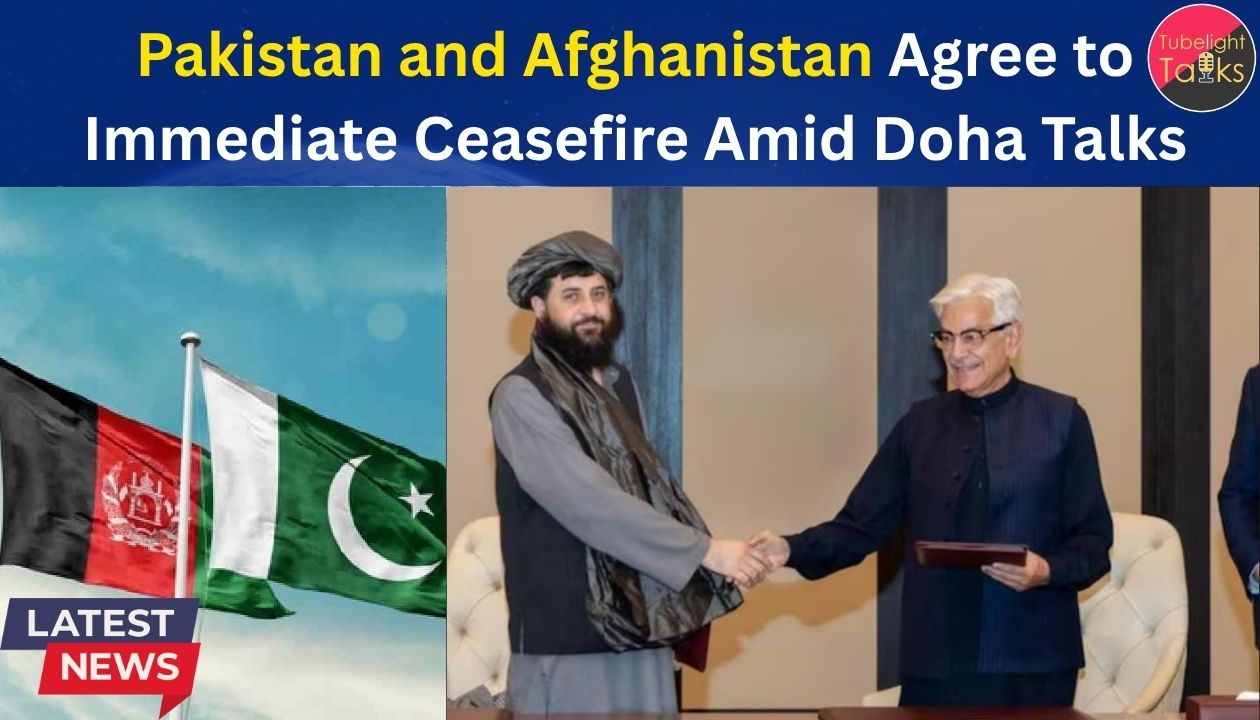

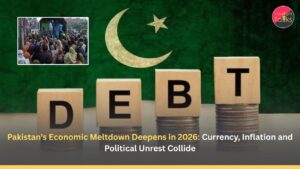
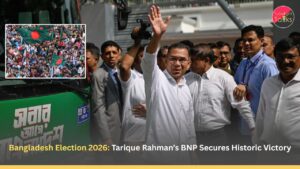
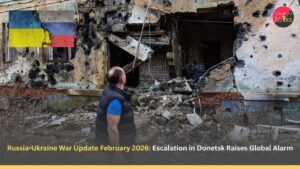

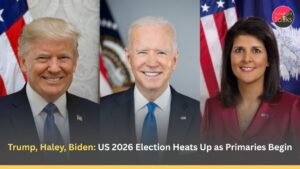




Discussion (0)